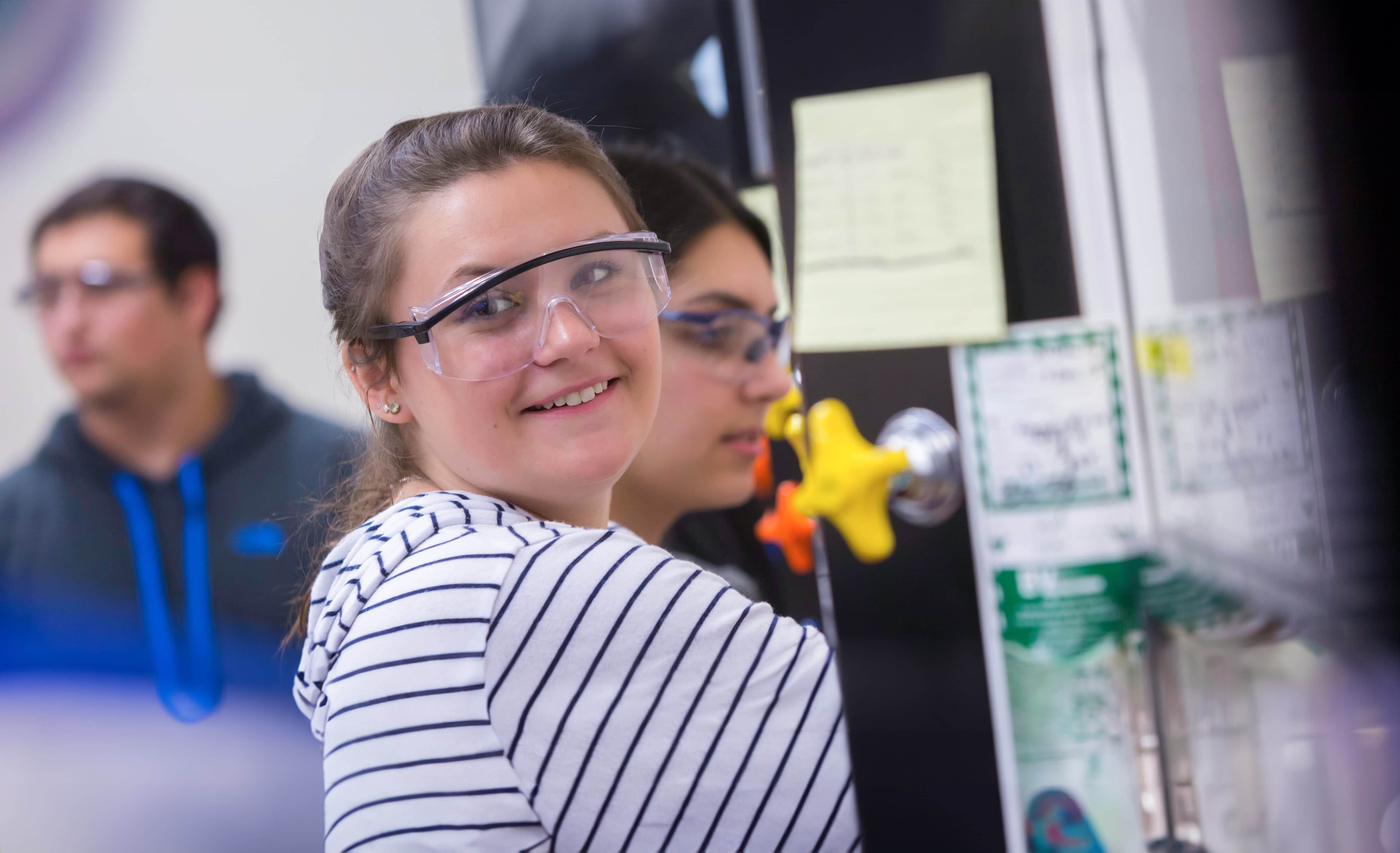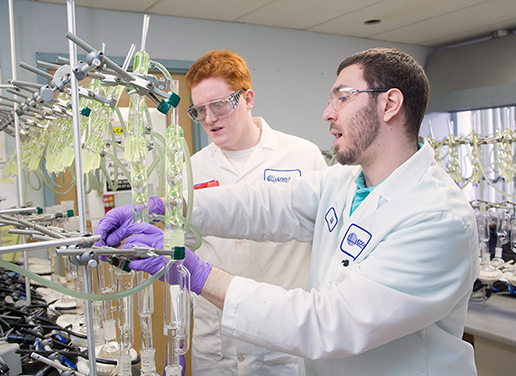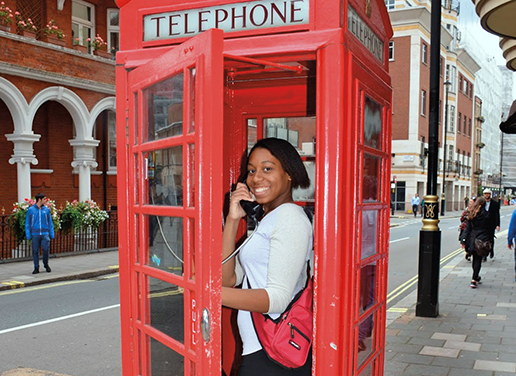Decoding Crime With Chemistry
Have you ever thought about becoming a real-life CSI? The Forensic Chemistry major can get you there. Forensic science is the application of physical and biological science to the law. Forensic scientists are involved in the collection, preservation, analysis, and presentation of evidence related to criminal investigations and civil cases. If you want to help law enforcement agencies track down wanted criminals or have a hand in gaining FDA approval for the latest wonder drug, Forensic Chemistry at Western New England is the major for you.
Why Choose Forensic Chemistry?
The application of physical and biological sciences to the investigation of crime is becoming ever more important to law enforcement and the legal system. Forensic chemists are involved in the collection, preservation, analysis, documentation, and presentation of the chain of evidence related to criminal investigations and many civil litigation cases. Accurate documentation is critical to this profession, so you will learn both the theory and practical application of forensic research. Forensic scientists work behind the scenes and are typically employed in state and federal crime labs as well as private facilities.





